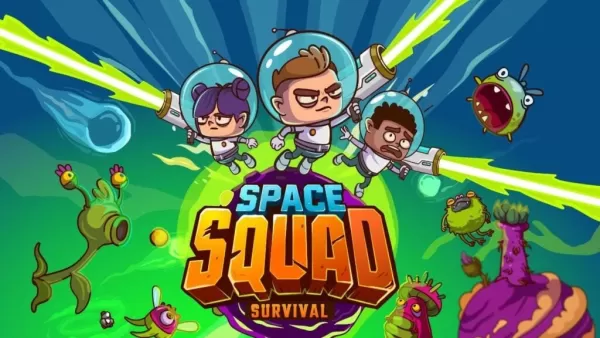Capcom is leveraging generative AI to streamline the creation of the vast number of design concepts required for its game environments. This initiative comes amidst rising video game development costs, prompting publishers to explore AI tools for increased efficiency and cost reduction. While the use of AI in game development remains controversial, instances such as Activision's reported use of AI-generated cosmetics and loading screens for Call of Duty highlight the growing trend. EA has even declared AI as "central" to its operations.
In a recent interview with Google Cloud Japan, Capcom's Technical Director Kazuki Abe (known for his work on Monster Hunter: World and Exoprimal) detailed the company's AI experimentation. Abe highlighted the significant time and resources dedicated to generating the "hundreds of thousands" of unique design ideas needed for game assets, citing even simple objects like televisions requiring unique designs, logos, and shapes. This process involves numerous proposals, each accompanied by illustrations and text for communication with art directors and artists.
To address this bottleneck, Abe developed a system employing generative AI. This system processes game design documents to generate design concepts, accelerating development and refining its output through iterative feedback. The prototype utilizes multiple AI models, including Google Gemini Pro, Gemini Flash, and Imagen, and has reportedly received positive internal reviews. The anticipated outcome is a substantial cost reduction and potential quality improvement compared to manual creation.
Currently, Capcom's AI implementation is focused solely on this concept generation system. Other crucial aspects of game development, such as gameplay design, programming, and character creation, remain under human control.
















